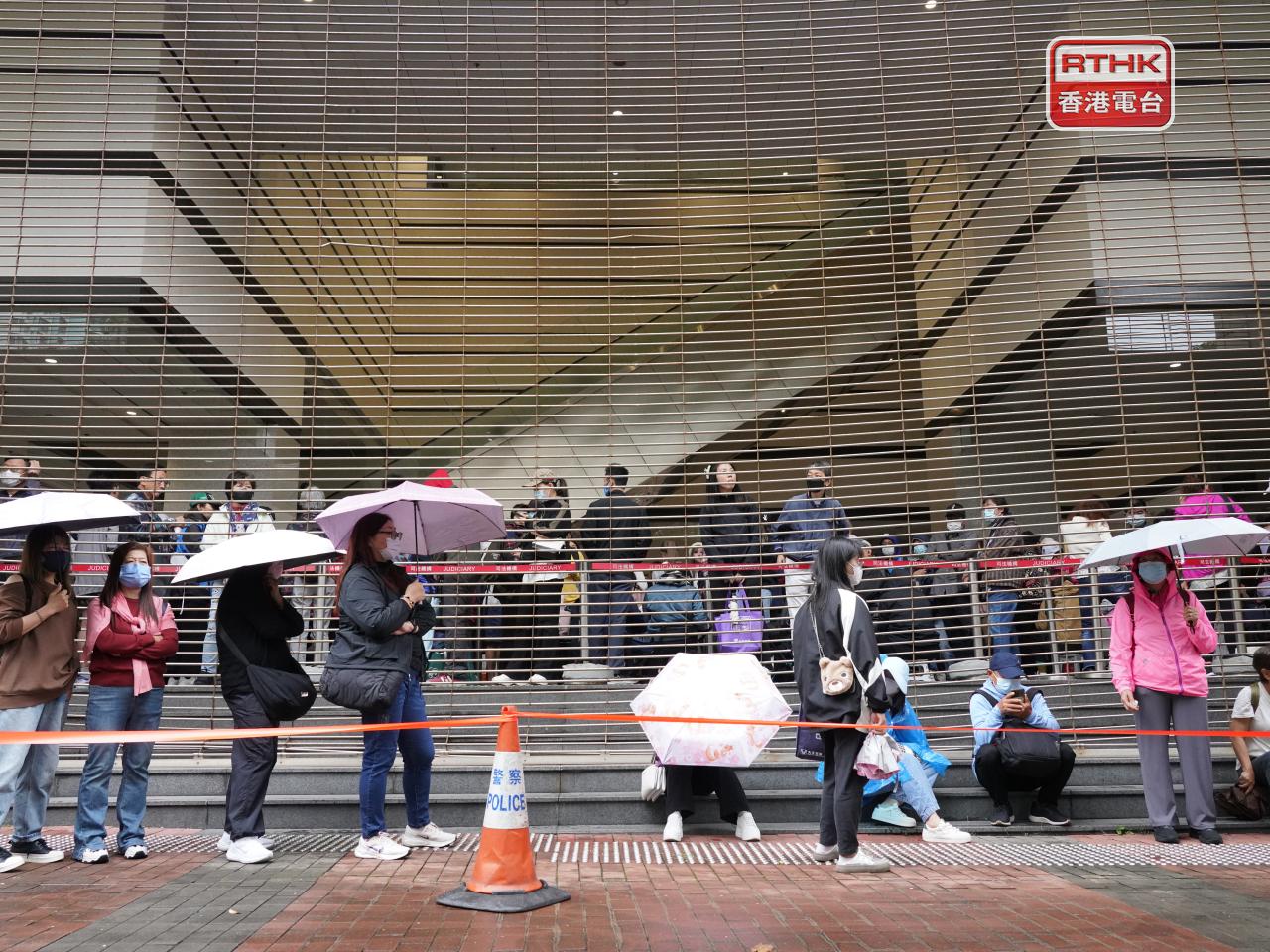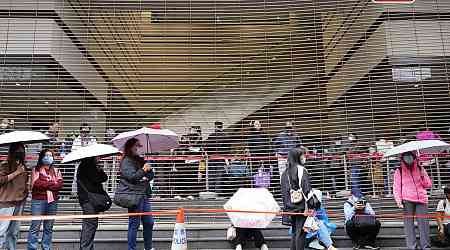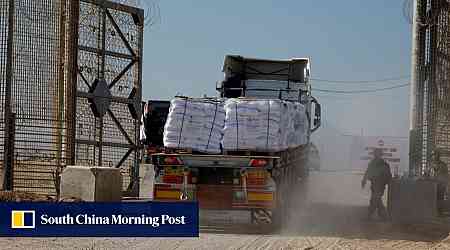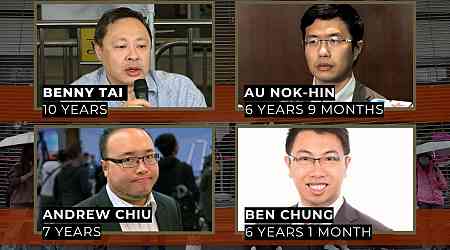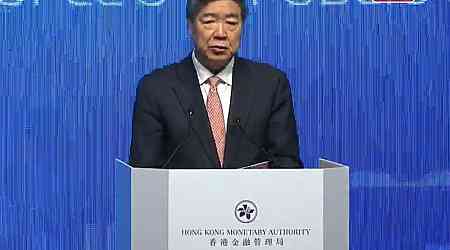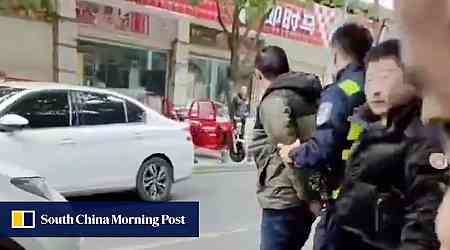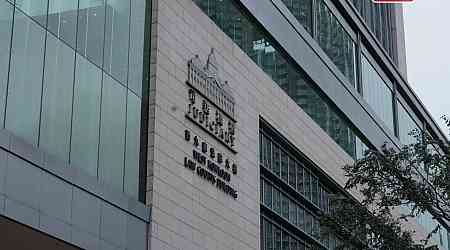The High Court on Tuesday said a three-tier penalty system classifying offenders convicted of subversion “should not be strictly applicable” in Hong Kong’s largest national security case to date. The offence under the national security law for "principal offenders" carries a penalty of at least 10 years behind bars to life imprisonment. Someone who “actively participates in the offence” will see a sentence of three to 10 years, while “other participants” will see lesser penalties. “After a careful consideration of all the authorities, we came to the view that in respect of the present case which all the defendants faced was only a conspiracy charge, the penalty banding as prescribed in [Article 22 of the National Security Law], whilst of reference value, should not be strictly applicable,” three presiding judges wrote in a ruling. Forty-five people were jailed for four years and two months to 10 years each for taking part in a plot to overthrow the government in 2020 by securing a majority in the Legislative Council and indiscriminately voting down the administration's budget and spending initiatives to cause a constitutional crisis. The bench rejected arguments that the scheme was doomed to fail and the defendants should be given lighter sentences. “In order to succeed, the organisers and participants might have hurdles to overcome, that however was expected in every subversion case where efforts were made to overthrow or paralyse a government,” they wrote. “In this case, candidates for the primary election were essential [characters] of the scheme, without them, the scheme simply could not get off the ground. They lent their support to and actively participated in the scheme.” The bench added: “Had the scheme been carried out to the very end, the adverse consequences would be far reaching and no less serious than overthrowing the government of the [Hong Kong SAR].” Besides the four “principal offenders”, 41 other defendants were deemed "active participants” by the court. Among them, jailed activist Owen Chow was jailed for seven years and nine months, businessman Gordon Ng received a jail term of seven years and three months, and former journalist Gwyneth Ho was imprisoned for seven years. Former lawmakers Lam Cheuk-ting and Leung Kwok-hung, as well as ex-hospital worker Winnie Yu, were each sentenced to six years and nine months behind bars. Another defendant, former student activist Joshua Wong, was slapped with a jail term of four years and eight months. The court reduced his sentence by one-third for his guilty plea, but said it “did not consider him to be a person of good character” given his criminal records. “It should be noted that [Wong] committed the present offence while he was on court bail," the court said. “We did not think we should give further reduction because [Wong] could not have all the offences sentenced in the same proceedings. The sentence we passed on [Wong] also would not have a crushing effect on him.” Among those who were given the lightest sentences of four years and two months are former lawmakers Jeremy Tam and Claudia Mo. Regarding Mo, the judges said they were “sympathetic to the ailing health” of her husband, Philip Bowring. “However, the health condition of [Mo’s] husband is not a matter that can militate against the sentence to be passed on [Mo],” the judges said.
